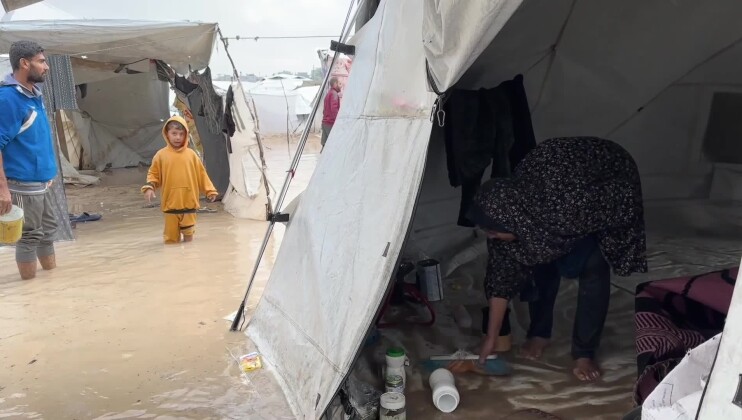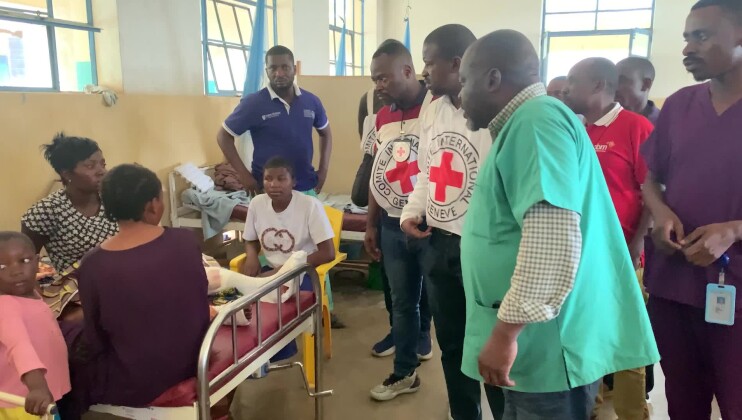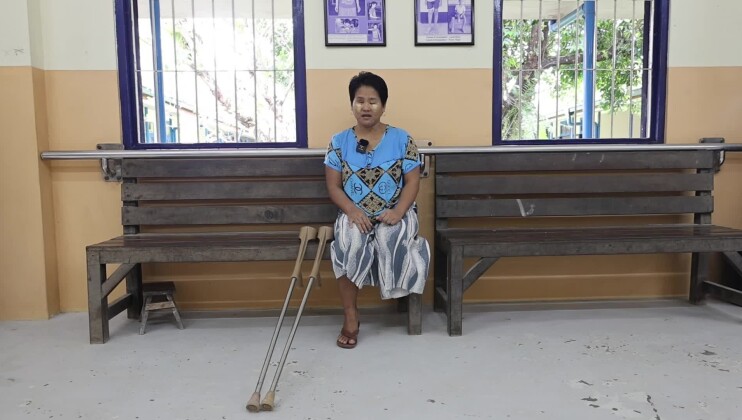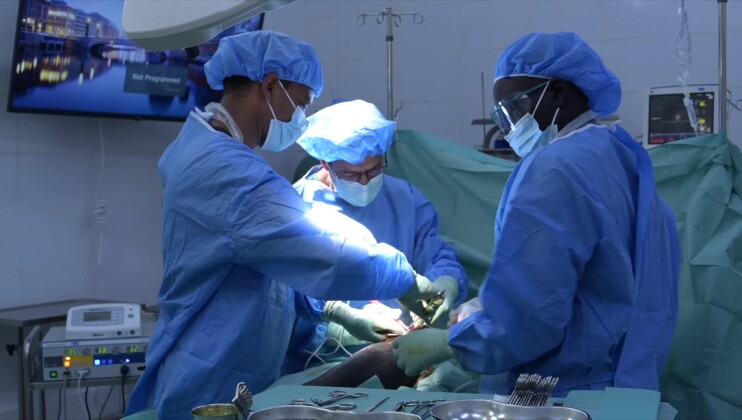Shaping the future of the world’s largest humanitarian movement
A major conference has adopted a series of measures that will shape the efforts of the world's largest humanitarian movement to respond to the needs of people affected by crises. The global meetings of the International Red Cross and Red Crescent Movement looked at pressing emergencies and challenges, while also exploring emerging trends that will have a profound impact on the future of humanitarian action.
The global meetings were held in Turkey - a country surrounded by some of the world's most urgent humanitarian crises, including the conflict in Syria and the ongoing emergency facing people trying to cross the Mediterranean.
The Red Cross Red Crescent Movement called on States to guarantee the safety and dignity of all migrants, along with their unrestrained access to humanitarian assistance.
"We are calling on States to ensure that all people - regardless of their nationality or legal status - are treated with dignity and respect," said Francesco Rocca, who was elected president of the International Federation of Red Cross and Red Crescent Societies (IFRC) during the meetings. "As a Red Cross and Red Crescent, we must be ready to stand up and advocate for all vulnerable migrants, for all vulnerable people. We must be prepared - we are prepared - to work with the international community for the respect and dignity of all people."
While emphasizing the need for new approaches to respond to dramatically shifting needs, the Movement also reaffirmed the non-negotiable importance of principled humanitarian action.
"In a world where faith in institutions is rapidly evaporating, great trust is placed in the symbols of the red cross and red crescent and in the neutral, impartial, independent humanitarian action that brings them to life," said Peter Maurer, president of the International Committee of the Red Cross (ICRC). "But in many places across the world, the space for such impartial action is under threat. Human dignity is disregarded, the applicability of the law is questioned, and humanitarian aid is politicized."
One of the most pronounced examples of disregard for humanitarian law and norms is the increasing number of attacks on humanitarian aid workers and volunteers. Since the beginning of 2017 alone, more than 45 Red Cross and Red Crescent personnel have been killed in the line of duty.
Further resolutions were adopted on education, with the Movement committing to expanding its work in this area in situations of conflict and disasters. On nuclear weapons, a resolution was adopted calling on States to sign and implement the recently-adopted Treaty on the Prohibition of Nuclear Weapons.
The Movement also pledged to scale up its response to the mental health consequences of humanitarian crises, and to strengthen and codify its work during pandemics and epidemics. Commitment was also made to reinforce gender equality and equal opportunities in the leadership and work of the Movement.
The outcomes of the General Assembly and the Council of Delegates will feed into the 33rd International Conference of the Red Cross and Red Crescent in 2019 which will bring together States and components of the Movement.
For further information, please contact:
Elodie Schindler, ICRC, +41 79 536 9248, eschindler@icrc.org
Matthew Cochrane, IFRC, +41 79 251 8039, matthew.cochrane@ifrc.org




